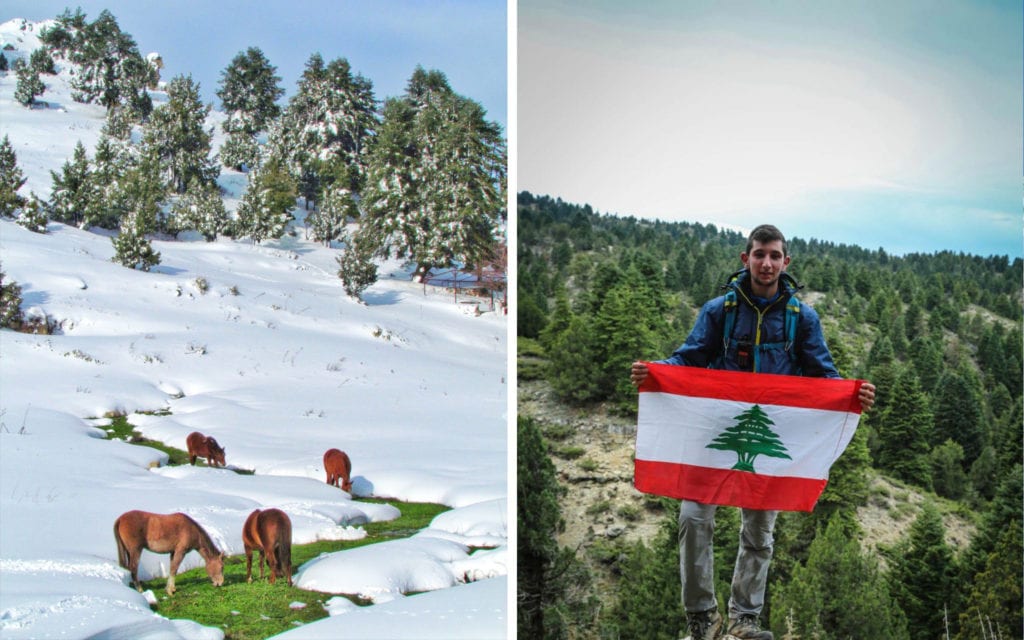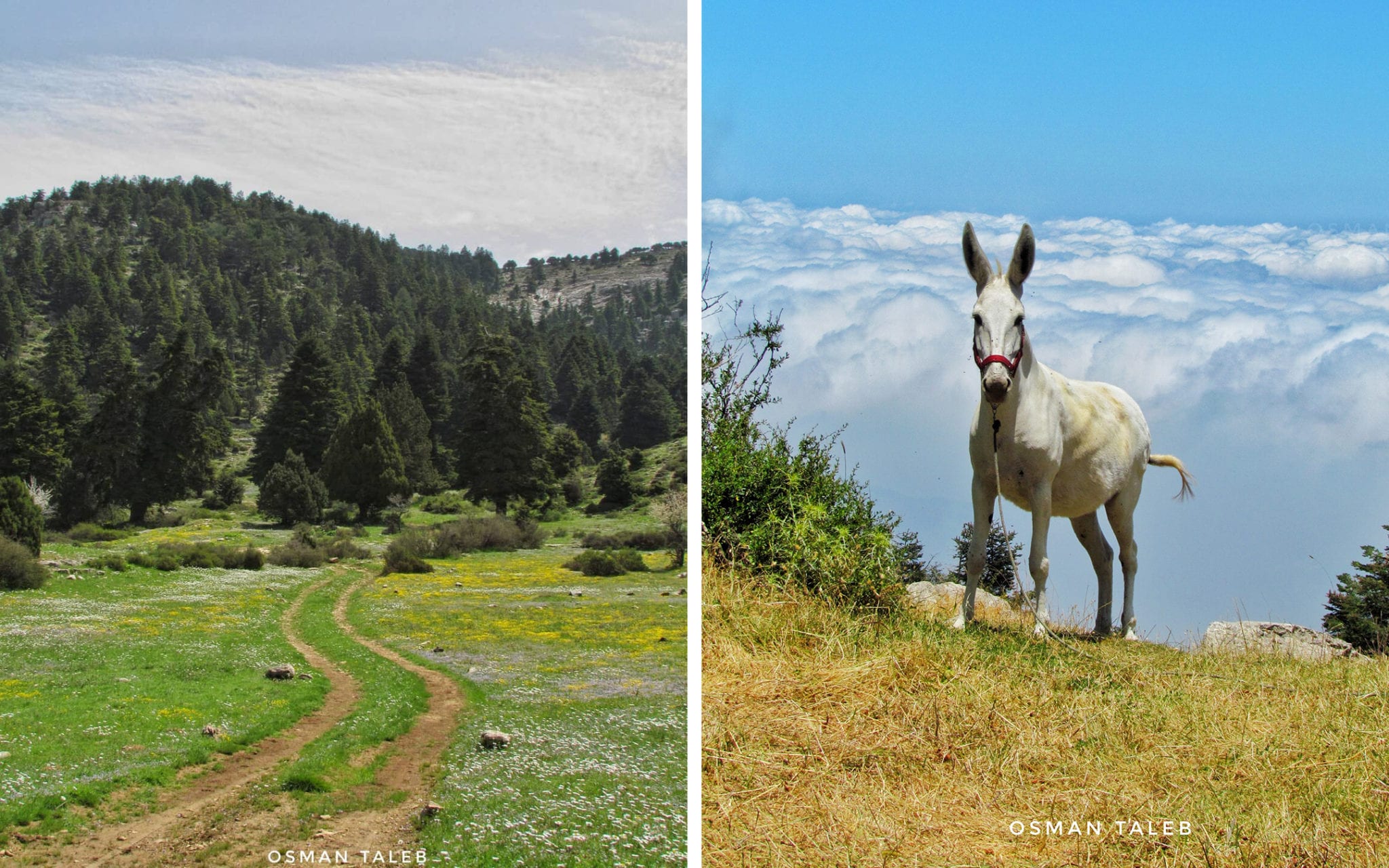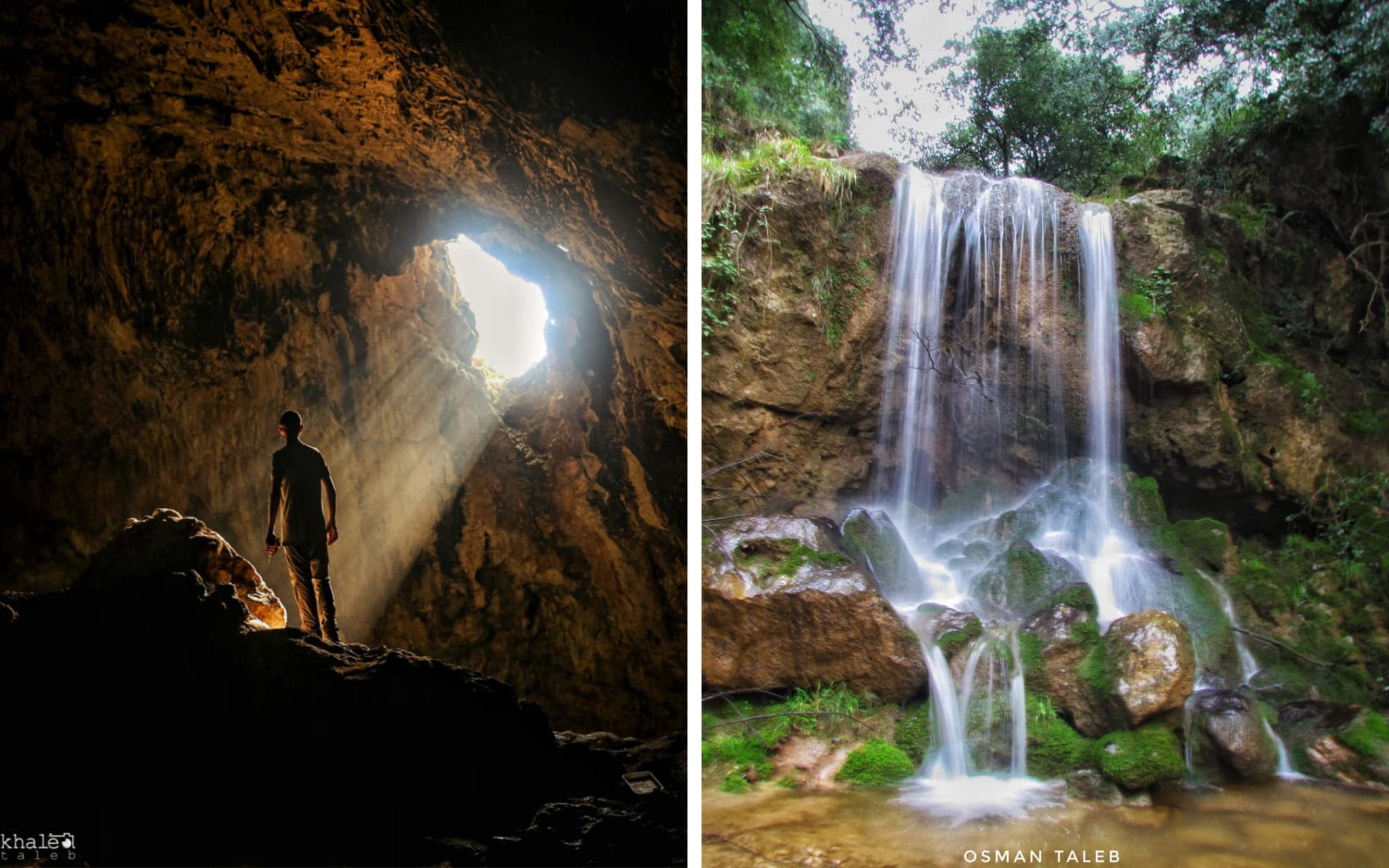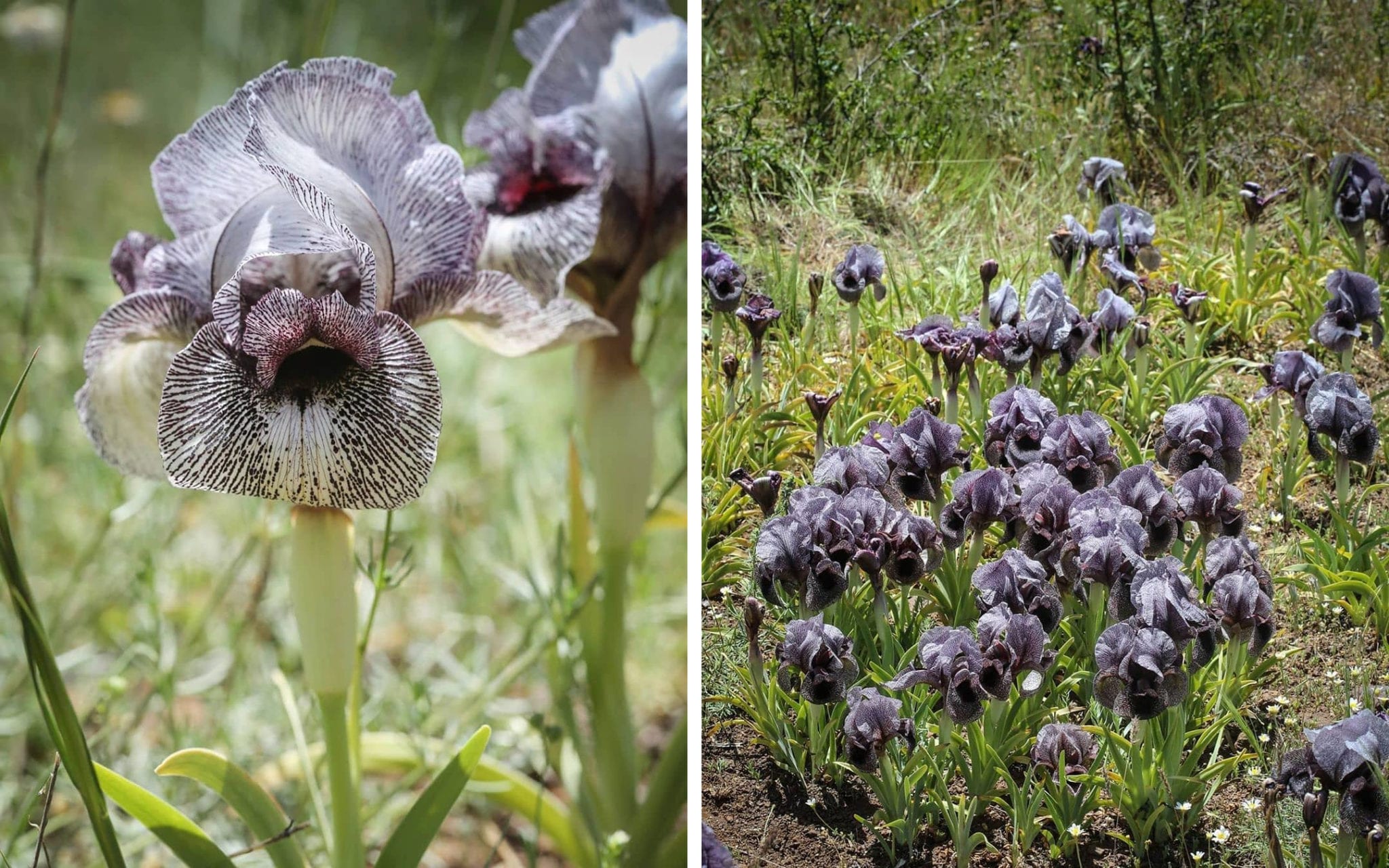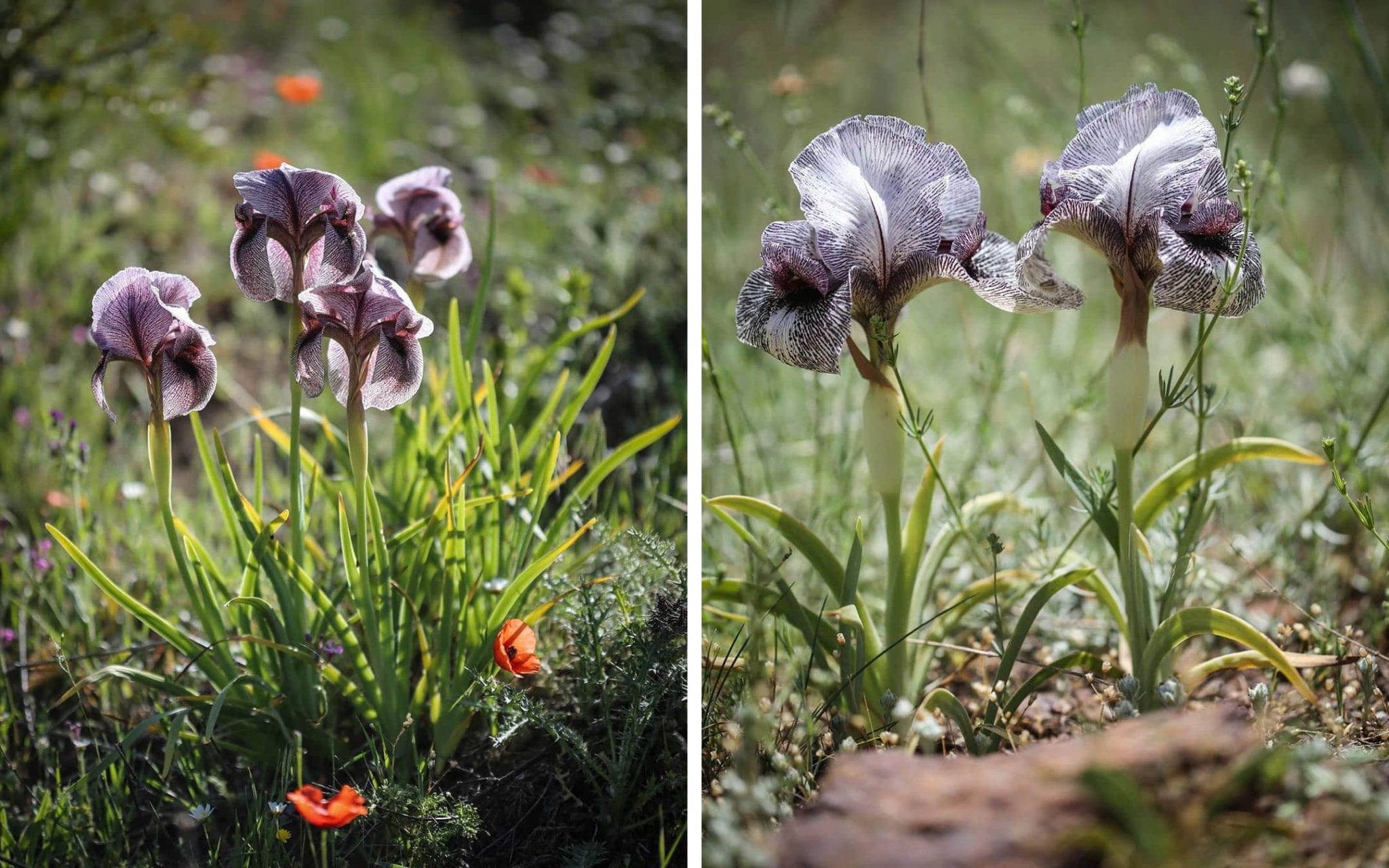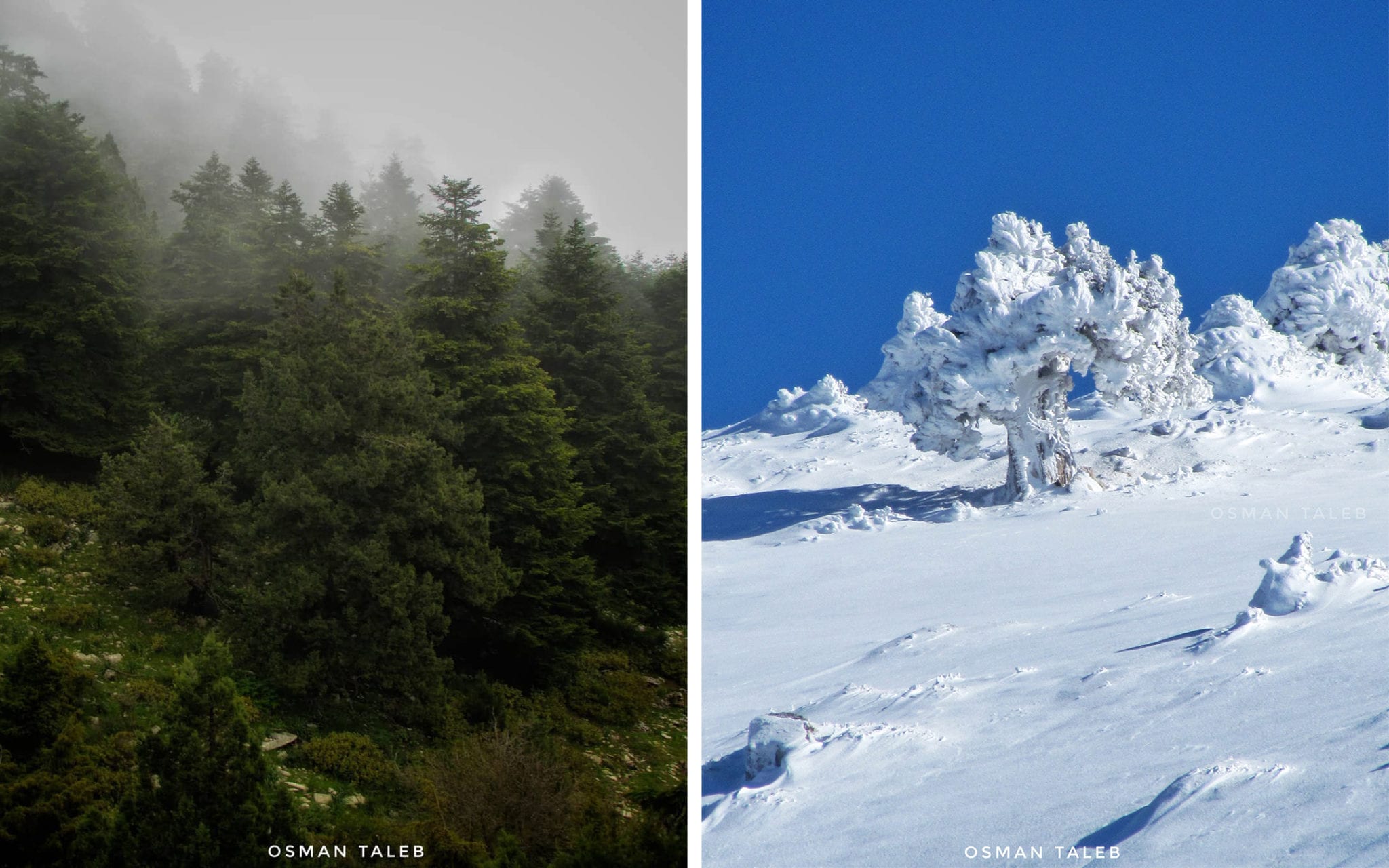Because of the recent outbreak of the COVID-19 pandemic and subsequent travel restrictions, eco-tourism is grabbing worldwide attention now more than ever. With eco-tourism levels drastically decreasing and even reaching zero in some countries, conservationists are concerned about the future of wildlife and the livelihoods of rural communities since funds for conservation initiatives are largely based on revenues from eco-tourism. Besides, people who have lost their tourism-related jobs may kill wildlife to survive now that their main source of income has vanished. Despite this global concern, people in Lebanon are turning towards local eco-tourism to take a break from the daily chaos. The main reason being that the country is suffering from an unprecedented economic crisis and Lebanese Lira inflation, thus many families cannot afford to travel abroad for summer even if country borders re-open.
Hence the importance of a project like The Akkar Trail in shedding the light on sustainable tourism, a healthy lifestyle, and fresh produce sold by small family businesses to revive the area. Osman and his team maintain new trails and rehabilitate old ones, document the diverse fauna and flora, market local businesses, provide various eco-tourism activities, and organize environmental awareness and educational campaigns.
